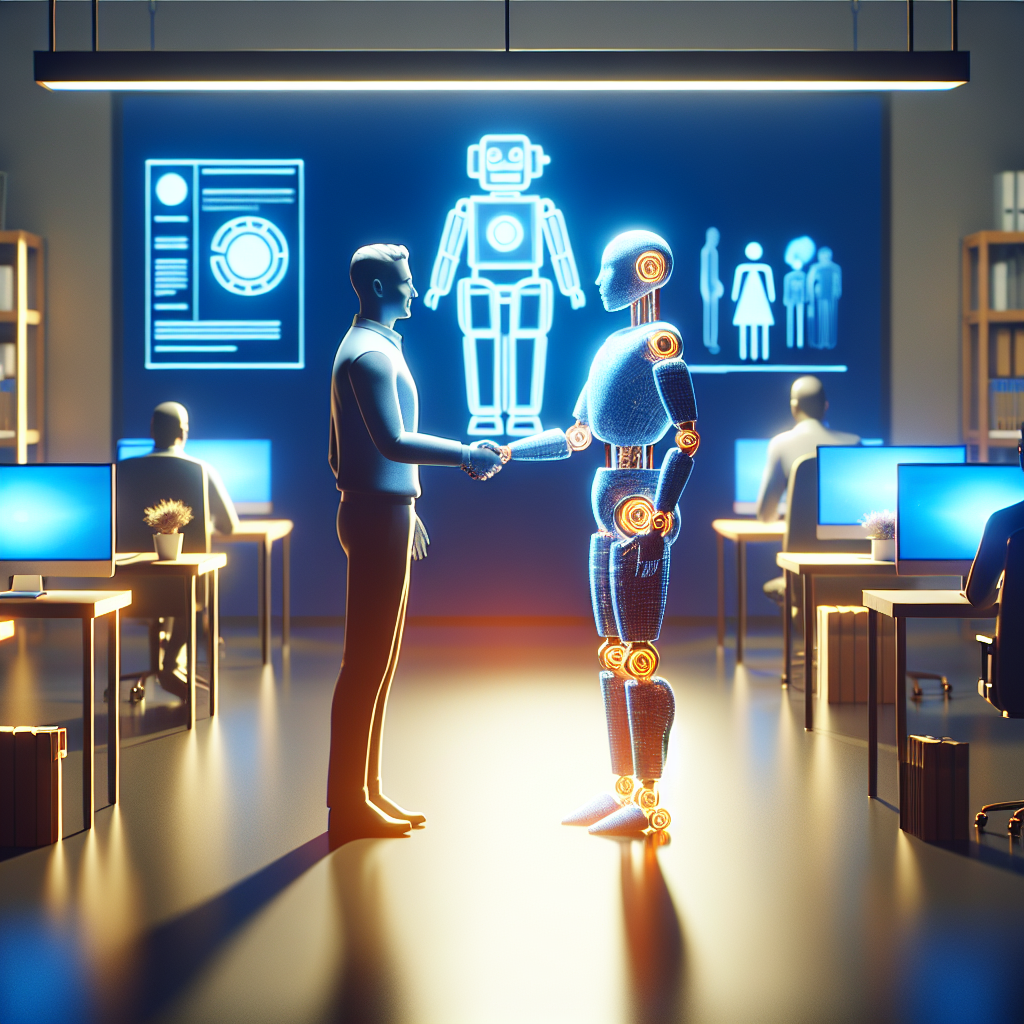Artificial General Intelligence (AGI) has long been a topic of fascination and concern in the field of artificial intelligence. AGI refers to a machine that has the ability to understand, learn, and apply knowledge across a wide range of tasks – much like a human. With the development of AGI, many have raised concerns about its impact on the future of work. Will robots take over jobs that were once done by humans? How will this impact the economy and society as a whole? In this article, we will explore the potential implications of AGI on the future of work and address some common questions and concerns surrounding this topic.
The Rise of AGI and Automation
AGI has the potential to revolutionize the way we work, as it can perform a wide range of tasks with speed and accuracy that surpasses human capabilities. This has led to concerns about job displacement and the rise of automation in various industries. Already, we have seen the impact of automation on industries such as manufacturing, where robots have replaced many manual labor jobs. With the development of AGI, the scope of automation could expand to include more complex tasks that were once thought to be the domain of human workers.
One of the key advantages of AGI is its ability to continuously learn and improve its performance over time. This means that AGI could potentially outperform humans in tasks that require complex decision-making and problem-solving skills. As a result, there is a fear that AGI could lead to widespread job displacement across a wide range of industries.
However, it is important to note that the impact of AGI on the future of work is not entirely negative. While some jobs may become obsolete due to automation, new opportunities may also emerge as a result of AGI. For example, the development and maintenance of AGI systems will require a skilled workforce of engineers, data scientists, and programmers. Additionally, AGI could enhance productivity and efficiency in various industries, leading to economic growth and job creation in new sectors.
Challenges and Concerns
Despite the potential benefits of AGI, there are also significant challenges and concerns that must be addressed. One of the main concerns is the ethical implications of AGI, particularly in terms of job displacement and income inequality. If AGI leads to mass job displacement, there is a risk that many workers will be left without employment or income. This could exacerbate existing social and economic inequalities, as those with the skills to work with AGI systems may benefit disproportionately from its implementation.
Another concern is the potential for AGI to be used for malicious purposes, such as surveillance or warfare. The development of AGI raises questions about how these systems will be controlled and regulated to ensure they are used ethically and responsibly. There is also a fear that AGI could lead to the concentration of power in the hands of a few individuals or organizations, further exacerbating existing power imbalances in society.
FAQs
Q: Will robots take over all jobs in the future?
A: While it is possible that robots and AGI systems could automate many tasks currently done by humans, it is unlikely that all jobs will be taken over by machines. Some tasks require human creativity, empathy, and critical thinking skills that are difficult to replicate in machines.
Q: How will AGI impact the economy?
A: The impact of AGI on the economy is complex and multifaceted. While automation could lead to job displacement in some industries, it could also create new opportunities for economic growth and innovation. The key challenge will be ensuring that the benefits of AGI are shared equitably across society.
Q: What can be done to address the challenges of AGI?
A: Addressing the challenges of AGI will require a multi-faceted approach that includes ethical guidelines, regulations, and investments in education and training. Policymakers, industry leaders, and researchers must work together to ensure that AGI is developed and deployed in a way that benefits society as a whole.
In conclusion, the development of AGI has the potential to revolutionize the way we work and live. While there are legitimate concerns about the impact of AGI on the future of work, there are also opportunities for economic growth and innovation. By addressing the ethical and societal implications of AGI, we can ensure that this powerful technology is used for the benefit of all.

